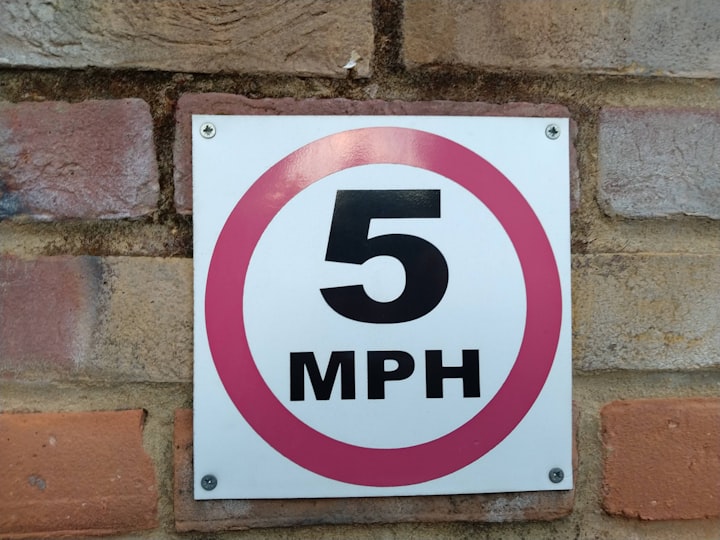Hidden secretes of Numerology
What your birthday means In Numerology

Numerology is a system that utilizes numbers to describe a person's personality and predict future events. It is based on the idea that everything can be expressed numerically and reduced to single digits. Modern numerologists assign numbers to letters based on a unique numerical system, similar to the Greek and Hebrew alphabets. By analyzing the numerical values of a person's name and birth date, they consult a numerical table to understand the individual's personality traits and potential fortunes associated with those numbers.
Numerology believes that everything in life has numerical properties that carry vibrations from a person's name to their location. The foundations of one's life are their birthday and the name their parents gave them at birth. These two numerical sources contain valuable information about a person's destiny, personality, both positive and negative traits, and the unique talents they possess. By understanding these numbers, individuals gain knowledge that can help them find their place in the world and live in harmony with their higher self.
According to Pythagoras, the world is built upon the power of numbers. Numerology extends into divination and magic systems, as both are rooted in the broader concept that the universe comprises mathematical patterns. Everything can be expressed in numbers that correspond to universal vibrations. Therefore, names, words, birth dates, and birthplaces can all be reduced to numbers to determine people's personalities, destinies, and fortunes.
Pythagoras is often referred to as the father of numerology because he introduced the idea that musical intervals could be articulated through numbers one to four. He believed that these numbers equaled the sum of ten. Pythagoras also demonstrated that the cycle of numbers from one to four could restart when reaching ten. Large numbers could be reduced to a single digit by adding the individual digits together. Pythagoras believed that the universe could be expressed in numbers, and early Greek philosophers contributed to developing a mystical system where specific characteristics and values were assigned to integers.
In ancient history, the way the ancient Greeks represented numbers using dots or geometrical figures enabled the assignment of specific characteristics. Odd numbers that could not be divided were associated with masculinity because they possessed generative qualities, representing assertiveness, power, and creativity. Even numbers, which could be split into halves and had openings, were considered feminine, representing wholeness, stability, or weakness.
In Greek mythology, the number 888 represents the higher mind, while 666 is known as the "beast's number" in the New Testament, representing the mortal mind. Early Hebrew history also highly valued the interpretation of numbers. The Hebrew alphabet's letters were based on numbers, and this relationship was linked to cosmic forces. Jewish sects, such as Merkaba, further developed numerical mysticism in the Middle Ages. German Kabbalists developed Gematria, a mystical numerical interpretation of the scriptures. The concept of numbers having symbolic meanings has been applied to Greek, Latin, and the New Testament of the Bible.
Numerology in the occult is often used to uncover hidden meanings of events and predict the future. When utilized in divinatory forms, such as astrology, cartomancy, geomancy, or dream interpretation, numerology becomes a form of fortune telling. This transformation into divination or fortune telling involves attributing meanings to numbers and employing them to gain insights into various aspects of life.
Numerology suggests that numbers have occult meanings and serve as a bridge between the divine and the mundane. It posits that performing operations on numbers can influence related aspects of life. For example, in American culture, the number 13 is often considered unlucky, leading to the avoidance of anything associated with it. However, beliefs around numbers can vary among different cultures and individuals.
Numerology also acknowledges the concept of synchronicities, which are meaningful coincidences or repeating patterns that occur in a person's life. These synchronicities can be seen through the repeated appearance of certain numbers. Paying attention to these numbers and the associated events or thoughts that accompany them can provide valuable insights and guidance.
Each number in numerology has its own meaning and vibration, but individuals can also apply their own interpretations and definitions to these events. Numerology emphasizes that everything happens for a reason, including strange events that may initially be dismissed as mere coincidences. By recognizing the numerical patterns and messages sent by the universe, individuals can gain a deeper understanding of their life's purpose and make informed decisions aligned with their spiritual growth.
One of the key aspects in numerology is the calculation of the life path number, which reveals a person's purpose in life and the challenges they may encounter. The life path number is determined by adding up the digits of a person's birth month, day, and year and reducing them to a single digit. This number provides insights into an individual's core traits and motivations.
In addition to the life path number, numerology examines various other aspects such as personal year cycles, which help understand the themes and energies present in different phases of one's life. Numerology also considers the numerical vibrations associated with names, including nicknames, stage names, or name changes, as these alterations often represent personal development and positive progression on a person's spiritual path.
Numerology extends beyond personal aspects to include the vibrational properties of places. Whether it's a country, business name, or home address, each carries its own vibration and numerical significance. Understanding these vibrations can aid in making decisions related to moving, job changes, or vacation destinations that align with an individual's spirit.
Each number in numerology is associated with specific characteristics and meanings. The numbers one to nine represent inspiration, partnership, creativity, structure, freedom, home, intuition, money, and completion, respectively. Additionally, numbers 11, 22, and 33 hold significant power and are known as master numbers.
While this explanation provides a general overview, a professional numerologist can provide a more comprehensive analysis tailored to an individual's specific circumstances. By delving deeper into the interpretations and vibrations associated with each number, a numerologist can offer detailed insights into a person's personality, motivations, and potential life paths.
It's important to note that numerology is not based on scientific evidence but rather on metaphysical beliefs. Its application varies among different cultures and individuals, and personal interpretations play a significant role in deriving meaning from numerical patterns.
If you enjoyed reading this, subscribe for part two.





Comments
There are no comments for this story
Be the first to respond and start the conversation.